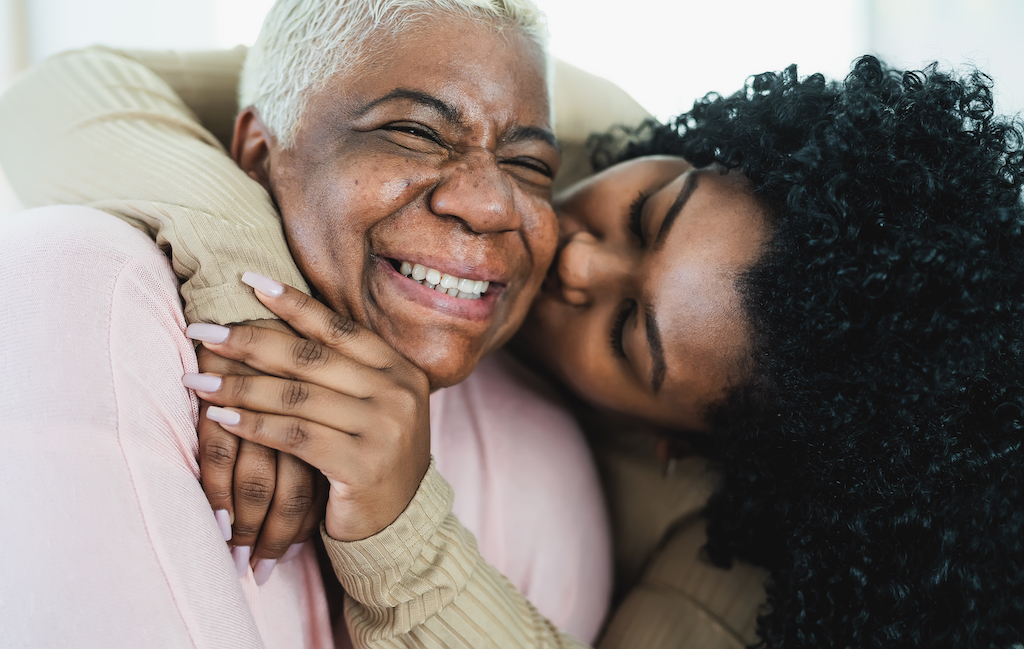
5 Security Tips When Caring for Your Elderly Parents
A home is a place of security and comfort. The smell of familiarity and the surrounding sentimental value can be hard for elderly parents to leave during the final signs of aging. Whether your elderly parent is living with you or living alone on their own, it’s important to understand how to properly care for them and become a guardian of their mental and physical security. Here are our top 5 security tips when caring for your elderly parents.
1. Make the Home “Fall” Free
The most dangerous things for the elderly are typically the things we do not even notice on a day-to-day basis. Falls are the most common cause of injury to the elderly. By removing certain things from your home, you can improve home safety for your parents while also maintaining a safe environment for living. We recommend making these changes to your home to reduce the risk of injury.
- Remove all rugs and throw rugs from the floor. While rugs are decorative, they often lack a rubberized backing grip on the floor.
- Remove any piled clutter around your house. This includes loose clothes, toys, shoes, and paper.
- Donate or discard any old or unused furniture to free up space in walking paths
- Create an open environment for walking or wheelchairs. If you are making your home wheelchair accessible, we recommend keeping doorways at least 32” across to allow for mobility. Be sure to consider any tight corners before a doorway, as these may be difficult to navigate for the elderly.
- Remove or avoid the use of long extension cords on the floor
- Ensure that your loved one wears shoes or non-slip footwear/socks when indoors
2. Ensure A Safe Bathroom
Often, the bathroom is the riskiest and scariest room for a senior. Tight corners and random scaffolding can cause unnecessary risks to loved ones. To ensure the security of your elderly parents and the safety of the bathroom, we recommend these changes:
- Install grab bars in the shower and beside the toilet.
- Adjust the thermostat on the water heater no higher than 120° F to prevent accidental burns.
- Line the bottom of the bathtub with rubber mats to prevent slipping.
- Consider replacing the original bathtub with a walk-in model instead.
- Place a bathing tub or seating in the shower.
- Install a hand-held shower head that allows easier cleaning in hard-to-reach places.
- Replace the original toilet seat with a raised toilet seat and handlebars. Toilets should be between 17 and 19 inches in height. Seniors will find it easier to sit and stand.
- Install a nightlight in the bathroom.
3. Keep Emergency Numbers on File
If your loved one has a phone with too many capabilities, consider downgrading their phone and uploading help content to their favorites. Excessive options on phones can sometimes lead to confusion and difficulty for seniors. Be sure to walk your elderly parents or loved ones through all the contacts you upload to their devices and how they can easily call when in need. If they have more difficulty with their phone, consider writing the numbers most important on a sticky note, and taping it to the back of their phone. Make sure to list the following:
- 911
- Emergency contacts (family members and friends)
- Your senior’s professional caregiving service
- Your senior’s healthcare provider’s office
- Poison Control: 1-800-222-1222
Even more so, it is important to know that your loved ones are safe even when they cannot reach a phone. Personal Emergency Response Systems (PERS) are a great way to give you peace of mind while knowing your elderly parent will always have a means of contact during an emergency. The emergency PERS device allows users to contact an emergency help team with just the push of a button available in necklaces and bracelets.
4. Make the Home Light and Bright
Improving and increasing the lighting in your home is vital when your loved one’s eyesight is deteriorating. A well-lit exterior and interior will increase home security for your loved ones and deter potential security threats. The elderly may misjudge or completely avoid dark areas inside the home due to fear and paranoia. To prevent this, consider the following options:
- Replace all burnt, or flickering bulbs
- Incorporate night lights or motion detected lights throughout your home
- Test all lighting by standing in the corner of the room and looking across. If you can not see a clear path, that is a sign the room needs to be brightened.
- Install bright and motion censored lights or cameras on the exterior of the home.
5. Check-In with Them Frequently
The most important home safety tip is to check in with your loved one frequently. Aging can be a lonely process, and a home is not a home without love and care. You, your loved ones, and a professional caregiver can help to make sure they are safe by following these 5 security tips when caring for your elderly parents.
Are you wanting to ensure your loved one is safe in their own home or even your home? Our team at Coggin Security is here to help bring peace and comfort into the home. Call us today, and we can help find the perfect options for your and your family.
